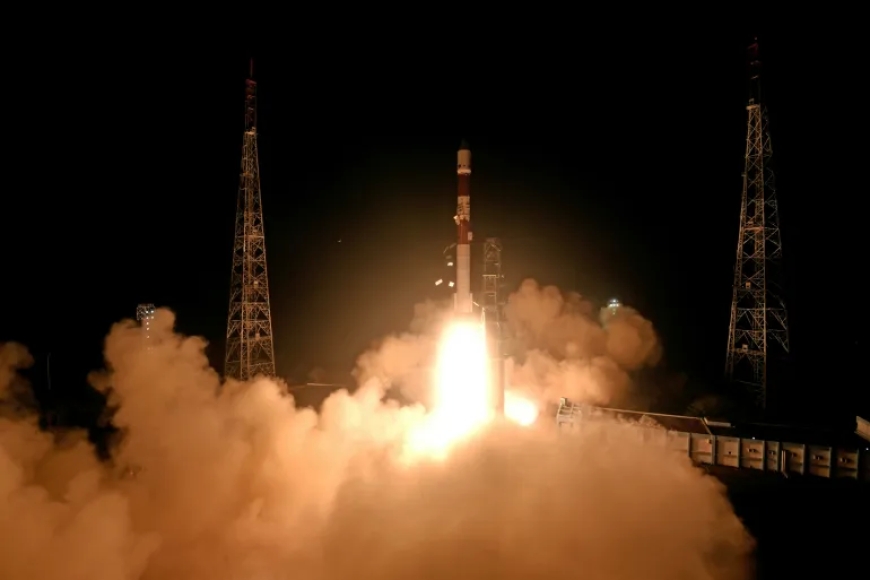ISRO's PSLV-C61 Mission Fails to Deploy EOS-09 Satellite Due to Third-Stage Anomaly
India's space agency, ISRO, faced a rare setback as the PSLV-C61 mission failed to deploy the EOS-09 Earth observation satellite due to a third-stage anomaly. A Failure Analysis Committee has been formed to investigate the issue.

On May 18, 2025, the Indian Space Research Organisation (ISRO) encountered a rare setback when its 101st mission, the launch of the EOS-09 Earth observation satellite aboard the PSLV-C61 rocket, failed to achieve its intended orbit. The mission lifted off at 5:59 AM IST from the Satish Dhawan Space Centre in Sriharikota. While the initial stages of the launch proceeded as planned, an anomaly occurred during the third stage, leading to the mission's failure.
ISRO Chairman V. Narayanan addressed the issue in a post-launch statement, confirming that the mission could not be accomplished due to a drop in chamber pressure in the third stage of the rocket. He stated, "During the third stage... there was a fall in the chamber pressure of the motor case, and the mission could not be accomplished." This anomaly prevented the EOS-09 satellite from being deployed into its intended orbit.
The EOS-09 satellite, also known as RISAT-1B, was designed to enhance India's Earth observation capabilities, providing high-resolution images for applications such as agriculture, forestry, and disaster management. The satellite's failure to reach orbit represents a significant loss for India's space-based observation initiatives.
This incident marks the first failure of the Polar Satellite Launch Vehicle (PSLV) since 2017, highlighting the reliability of the launch vehicle over the years. Despite this setback, ISRO's track record remains commendable, with numerous successful missions, including the Mars Orbiter Mission and the Chandrayaan lunar missions.
In response to the failure, ISRO has constituted a Failure Analysis Committee to investigate the cause of the anomaly and recommend corrective measures. The committee's findings will be crucial in ensuring the success of future missions and maintaining the integrity of India's space program.
The failure of the PSLV-C61 mission serves as a reminder of the complexities involved in space exploration and the importance of continuous improvement in technology and processes. ISRO remains committed to learning from this experience and advancing India's capabilities in space science and technology.
What's Your Reaction?




























































